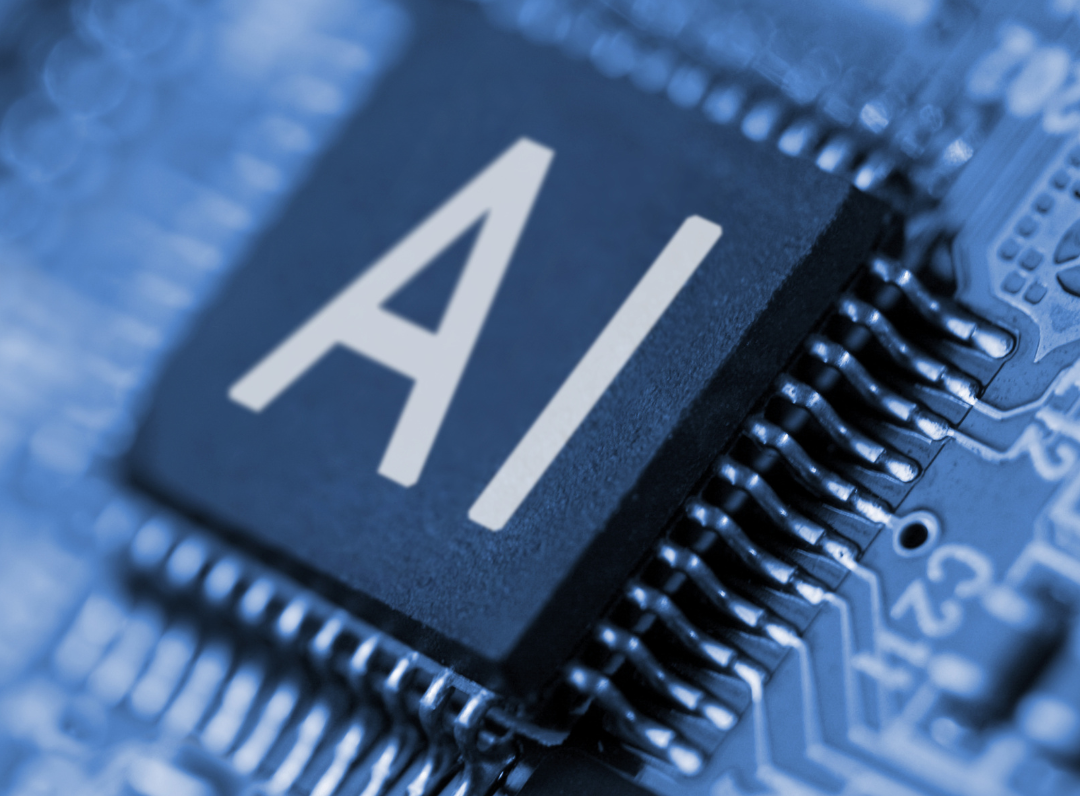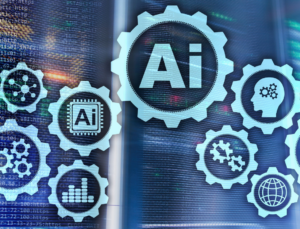AI and Tech are Transforming UOR’s Business Program
Artificial intelligence (AI) and technology are no longer just buzzwords—they’re reshaping the business. At University of Rawalpindi (UOR), the Business Program is riding the wave of this technological revolution, integrating AI and tech-based learning throughout its curriculum. But what does this mean for students? Let’s dive into how UOR is preparing the next generation of business leaders by embedding AI, big data, and advanced tech right into the heart of its business education.
The Growing Role of AI in Business
AI has become a game-changer for businesses worldwide. From automating mundane tasks to providing insights that drive growth, AI is transforming how companies operate. Businesses are now leveraging machine learning to optimize marketing, streamline supply chains, and offer more personalized customer experiences. This makes AI a must-have skill in the toolkit of every aspiring business professional.
UOR’s Approach to AI in Business
UoR’s Business Program recognizes the growing importance of AI in the corporate world and has woven it into the fabric of its courses. The university offers specialized modules focusing on AI applications in business, from predictive analytics to process automation. Students don’t just learn business theory—they gain hands-on experience with AI-powered tools that are widely used in the industry today.
AI-Powered Decision Making
In the world of business, data is king, but without AI, data can be overwhelming. At UoR, students learn how to utilize AI to process vast amounts of data and extract actionable insights. AI tools help students understand market trends, customer behaviors, and financial forecasts with precision. This training equips students to make smarter, faster decisions, setting them apart as future leaders in the AI-driven business world.
Big Data and Business Analytics
One of the cornerstones of AI education at UoR is the use of big data in business analytics. Students are trained to interpret and analyze data sets that help businesses gain a competitive edge. By working with AI-based business intelligence tools, students learn how to turn data into strategies that improve efficiency and profitability. This isn’t just about learning software—it’s about understanding how data can drive innovation.
Machine Learning and Automation
Automation is no longer a futuristic concept—it’s a reality in today’s business environment. At UoR, the Business Program dives into machine learning, a subset of AI that teaches computers to improve from experience. Students explore how machine learning models can be used to automate processes, predict outcomes, and even optimize business strategies. This is particularly useful in areas like finance, marketing, and operations.
Real-World Applications in UOR’s Curriculum
What’s theory without practice? UOR bridges the gap between learning and application through real-world projects and simulations. Business students are tasked with creating AI-driven solutions to common business challenges, such as improving customer experience or streamlining logistics. These projects are often conducted in collaboration with local and international companies, providing students with invaluable hands-on experience.
Preparing for Tech-Driven Careers
AI is creating new opportunities in the business world, and UOR is preparing students to step into these emerging roles. From AI project managers to data analysts and consultants, graduates are entering tech-driven careers where AI skills are in high demand. UOR’s comprehensive approach ensures students are not only knowledgeable about AI but are also proficient in using AI tools to solve real-world problems.
AI and Entrepreneurship
For students with an entrepreneurial mindset, AI offers endless possibilities. UOR’s curriculum addresses how AI can fuel startup success, from automating administrative tasks to enhancing customer targeting. Whether students want to start their own AI-driven business or work in the startup ecosystem, UOR provides the knowledge and skills necessary to innovate and succeed in a tech-powered world.
Collaboration with Industry
UOR isn’t working in isolation. The Business Program has developed strong ties with AI companies and tech firms. This opens doors for students, providing access to internships, collaborative projects, and even potential job placements. By fostering these industry connections, UOR ensures students are prepared for the evolving demands of the business world.
Ethical Considerations in AI
As exciting as AI is, it comes with its own set of challenges—especially when it comes to ethics. UOR emphasizes the importance of responsible AI use in business. Students engage in discussions on the ethical implications of AI, such as data privacy, algorithmic bias, and the impact of automation on jobs. These conversations ensure that graduates are not only tech-savvy but also socially responsible leaders.
Business Intelligence Systems
AI is not the only tech making waves in the business world. UOR introduces students to business intelligence systems that enable companies to make smarter, data-driven decisions. Whether it’s through advanced ERP systems or AI-enhanced CRMs, students learn to navigate these systems to enhance business operations. This training puts them ahead of the curve in terms of technological proficiency.
Cloud Computing and Business Solutions
Cloud technology has transformed how businesses operate, allowing for greater flexibility and scalability. UOR’s curriculum covers cloud computing solutions like AWS, Google Cloud, and Microsoft Azure, teaching students how businesses use the cloud to store data, run applications, and collaborate globally. By mastering these platforms, UOR graduates enter the job market with skills that are highly sought after by modern companies.
Role of Faculty and Industry Experts
The faculty at UOR’s Business Program consists of experienced professionals who bring a wealth of real-world knowledge to the classroom. Many of these instructors have worked in the AI and tech industries, offering students insights into how AI is applied in the business world. Guest lectures from industry experts provide additional layers of learning, ensuring students are exposed to the latest trends and technologies.
Career Opportunities for Graduates
Graduates of UOR’s Business Program have a broad range of career opportunities ahead of them. With their knowledge of AI and tech, they can pursue roles in AI project management, data analysis, business consultancy, and digital marketing, among others. The versatility of the AI skills they acquire allows them to thrive in multiple industries, from tech startups to multinational corporations.
Conclusion
AI and technology are undeniably shaping the future of business, and UOR’s Business Program is leading the charge in this transformation. By integrating AI into its curriculum, UOR equips its students with the tools, skills, and mindset needed to succeed in a tech-driven world. From data analytics to ethical AI practices, UOR graduates are ready to face the challenges and opportunities of the modern business landscape.
Read more article Here!
FAQs
- How does UOR incorporate AI into its business program?
UOR integrates AI through specialized courses, practical projects, and real-world applications, teaching students how AI influences business operations. - What career opportunities are available after completing the program?
Graduates can pursue roles in AI project management, business analytics, data science, consulting, and more. - Is practical experience offered as part of the program?
Yes, UOR offers hands-on projects, internships, and collaboration with industry partners to provide students with real-world experience. - Does UOR cover ethical concerns related to AI in business?
Absolutely. UOR places a strong emphasis on the ethical use of AI, including discussions on data privacy and algorithmic bias. - What other technologies are taught in UOR’s business curriculum?
Besides AI, students learn about cloud computing, business intelligence systems, and big data analytics to stay at the forefront of tech-driven business.












